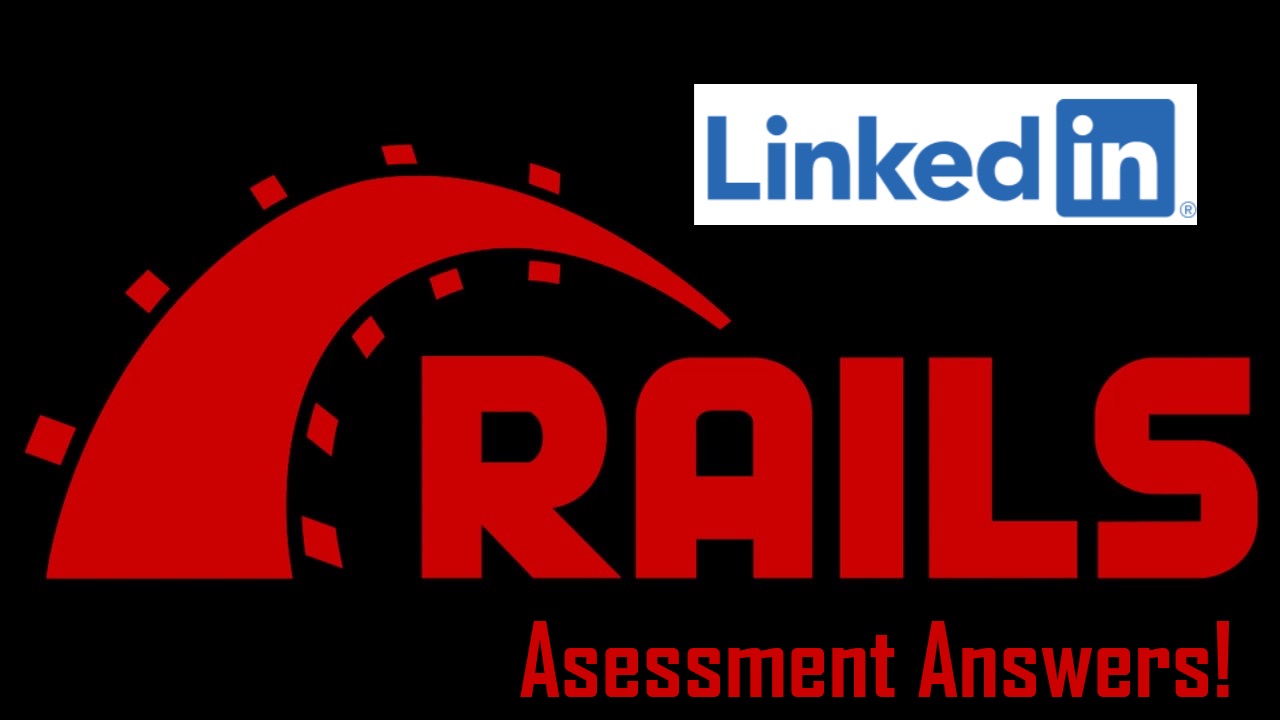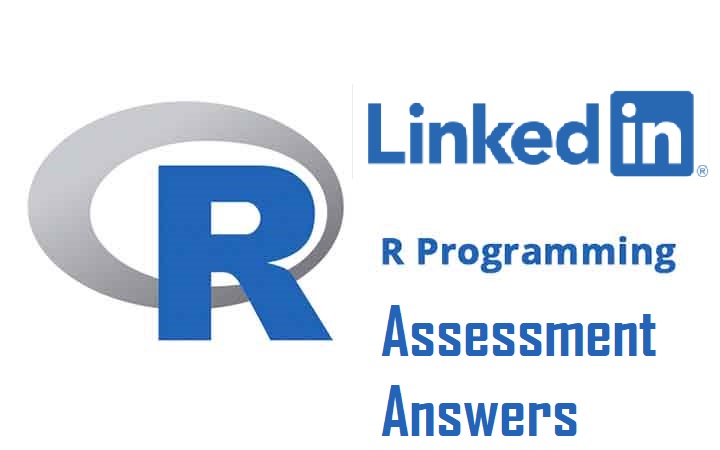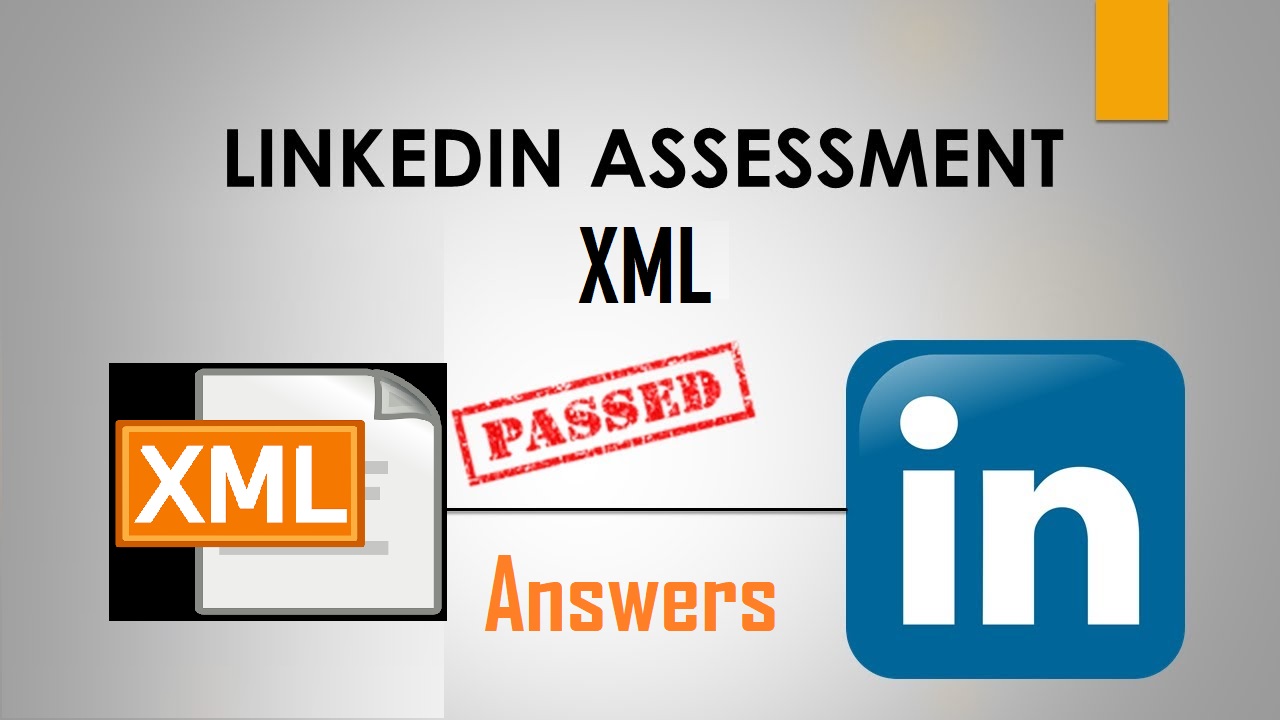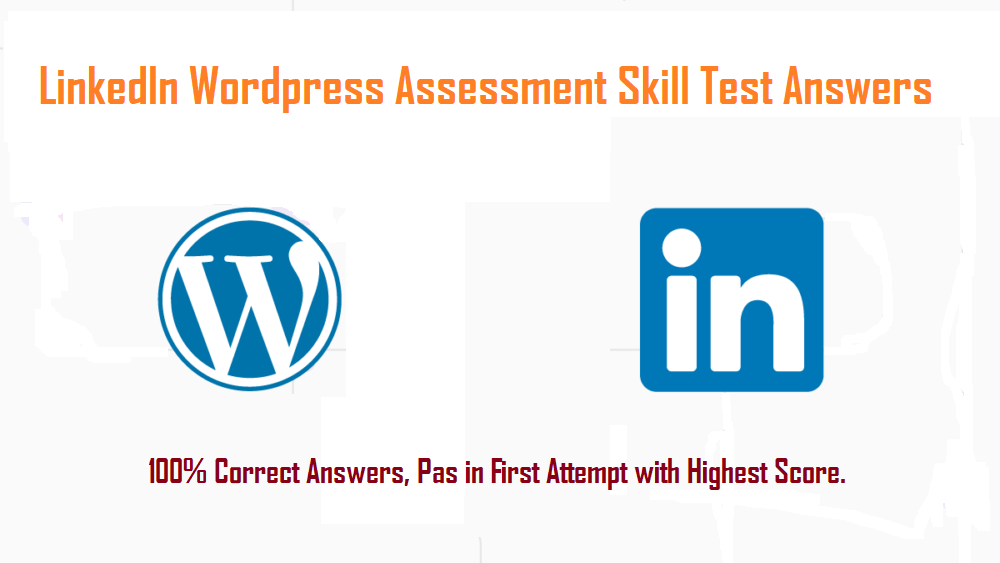Accounting
Q1. Which statement is not an advantage of robotic process automation (RPA)?
- Bots are more creative than humans
- Bots do no need to take time off
- Bots improve efficiency
- Bots can eliminate human errors
Q2. What effect does a contra asset account have on a balance sheet?
- A contra asset is not an accounting term
- A contra asset has a credit balance and therefore a negative effect on total assets
- A contra asset with a positive balance will increase overall liabilities
- A contra asset has a debit balance and therefore a positive effect on total assets
Q3. Internal controls may be preventative, detective, corrective, or directive. Which is a detective control?
- data backups
- physical inventory check
- employee background checks
- physical locks on inventory warehouse
Q4. On March 15, a business receives an invoice from the power company for utilities used in February. The retailer pays the invoice on April 1. The business uses accrual-based accounting. Which month should the business recognize the expense?
- April
- March
- no record required
- February
Q5. Which choice is a general guideline for adequate separation of duties to prevent both fraud and error?
- A person who has control over an asset should not safeguard that asset.
- A person who has temporary or permanent custody of an asset should not account for that asset.
- A person who has record-keeping responsibility should not make journal entries.
- A person who has operational responsibility should not authorize transactions for the area.
Q6. What does the cost of a unit of product under absorption costing method consist of?
- direct materials, direct and indirect labor, and fixed overhead
- direct materials, indirect labor, and variable and fixed overhead
- direct materials, direct labor, and both variable and fixed overhead
- direct materials, direct and indirect labor, and variable overhead
Q7. Which answer best describes accruals and deferrals?
- Accruals are past cash receipts and payments, while deferrals are expected future cash receipts and payments.
- Both accruals and deferrals are both expected future cash receipts and payments.
- Accruals are expected future cash receipts and payments, while deferrals are past cash receipts and payments.
- Both accruals and deferrals are not expected past cash receipts and payments.
Q8. What do you call a situation where more than one person collaborates to circumvent existing internal controls?
- assigned responsibility
- segregation of duties
- fraud prevention
- collusion
Q9. Which is not an example of an internal control activity?
- review of manufacturing plan
- segregation of duties
- bank reconciliations
- approval process
Q10. Which budgeting approach request justification of all expenditures?
- zero-based budgeting
- master budgeting
- rolling budgets
- bottom-up budgeting
Q11. What does the discontinued operations section of the income statement refer to?
- disposal of a major product line or major geographical area of operations
- sale of unused or obsolete equipment and discontinued inventory
- a plant shutdown or decommissioning of a facility
- net income or loss for products completed and sold
Q12. How are the three financial statements (income, statement, balance sheet, and cash flow statement) linked?
- Only the assets are reflected in the cash flow statement, and the net income expenses correlate with the liabilities.
- The net income goes to retained earnings, but the cash flow remains independent.
- The gross profit goes to retained earning, and the shareholder equity total is added to the cash flow statement
- The net income goes to the retained earning and to the cash flow statement
Q13. Which is not one of the four perspectives of the balanced scorecard?
- internal business
- learning and growth
- quantitative
- customer
Q14. What would be deducted from the balance per books when doing a bank reconciliation?
- deposits in transit
- bank service fees
- outstating checks
- electronic fund transfers/payments
Q15. What situation could be the results of the three retails store employees sharing the same cash register?
- a thorough internal control activity
- a violation of assignment of responsibility
- a violation of segregation of duties
- a support process to avoid fraud
Q16. A firm has $1,000 in debt and $3,000 in assets. What is the firm's debt-to-equity ratio?
- 3
- 2
- 0.5
- 0.33
Q17. An external auditor is required to be independent when performing
- all attestation services
- all professional services
- all tax services
- all consulting engagements
Q18. Proper segregation of functional responsibilities calls for separation of
- custody, payment, and recording
- authorization, custody, and execution
- authorization, custody, and recording
- custody, execution, and payment
Q19. What does the degree of operating leverage represent?
- how much the value of capital assets will change in response to a change in sales
- how much the operating income of a company will change in response to a change in sales
- the valuation of assets to determine how much additional debt the company can borrow
- how much the sales of a company will change in response to a change in operating income
Q20. Which characteristic would concern an auditor about the risk of material misstatements arising from fraudulent financial reporting?
- limited employee turnover within the accounting and finance department
- management's disregard of regulations and regulatory authorities
- regularly reported bank reconciliations, including deposits in transit
- capital assets sold at a loss before being depreciated fully
Q21. An employee who makes a sale, ships the goods, and bills the customer violates which control activity?
- assignment of responsibility
- audit verification
- segregation of duties
- review and reconciliation
Q22. What trait distinguishes auditors from accountants?
- The auditor can interpret accounting principles applicable to the country in which the client operates.
- The auditor has extensive education beyond what is required for an accountant
- The auditor can adapt to a rapidly changing profession.
- The auditor has expertise in the gathering and interpretation of audit evidence.
Q23. What is the purpose of an operational audit?
- assessing the company's compliance with environmental laws and regulations
- evaluating whether the organization is meeting the metrics set by management in order to achieve the goals and objectives set forth by the board of directors
- assessing the organization's control mechanisms for overall efficiency and reliability
- evaluating compliance with applicable laws, regulations, policies, and procedures
Q24. Which statement is false?
- The balanced scorecard aligns an organization's operational activities with its mission.
- The balanced scorecard focuses on these four primary areas: financial, customer, internal process, and learning and growth.
- The balanced scorecard measures, tracks, and reports on a balance of qualitative and financial data and metrics.
- The balanced scorecard ensures the organization's profitability aligns with director compensation and dividend expectations.
Q25. Which choice is not a component of internal control?
- information and communication
- risk mitigation
- monitoring
- control environment





